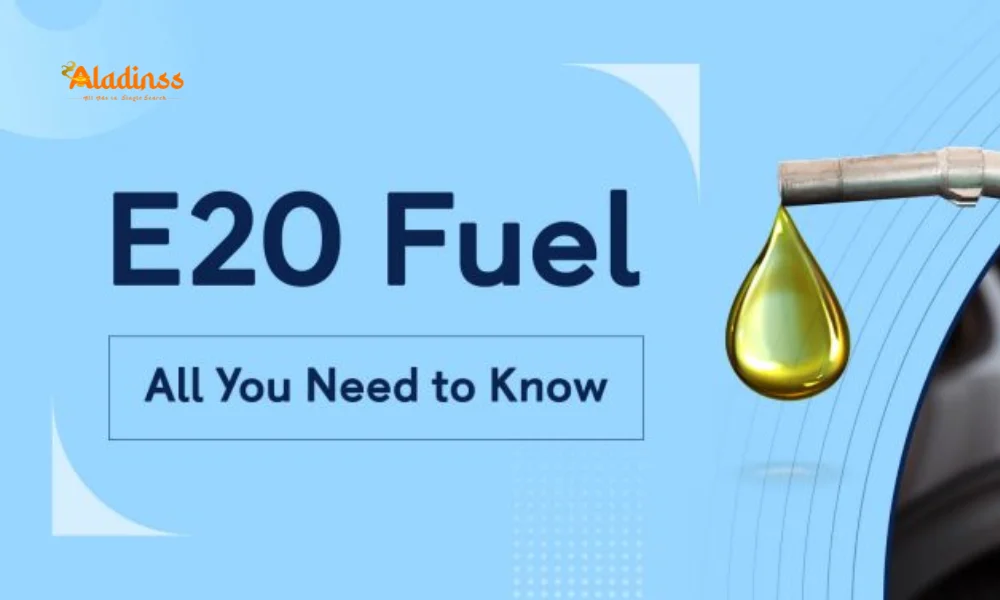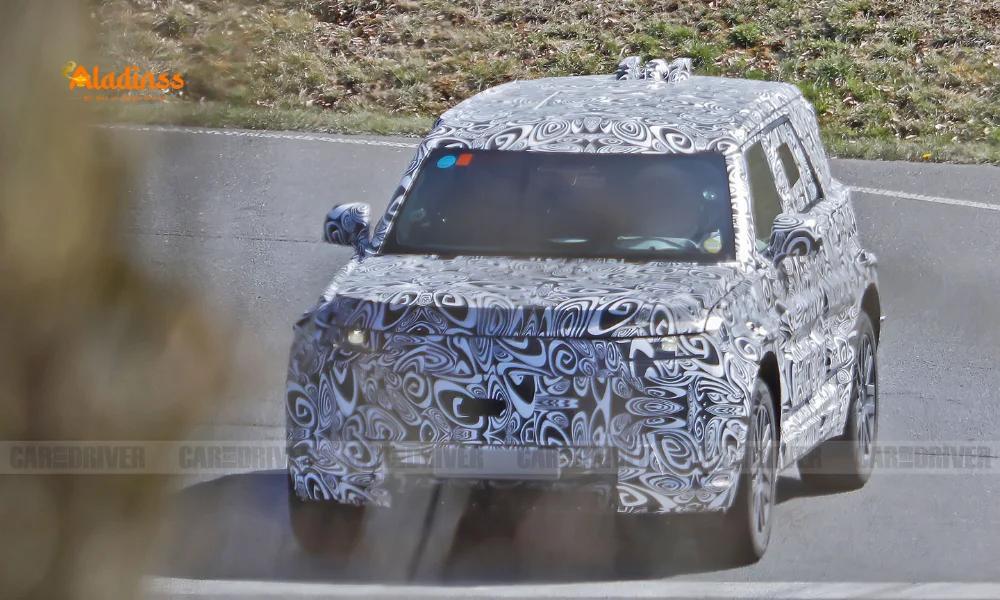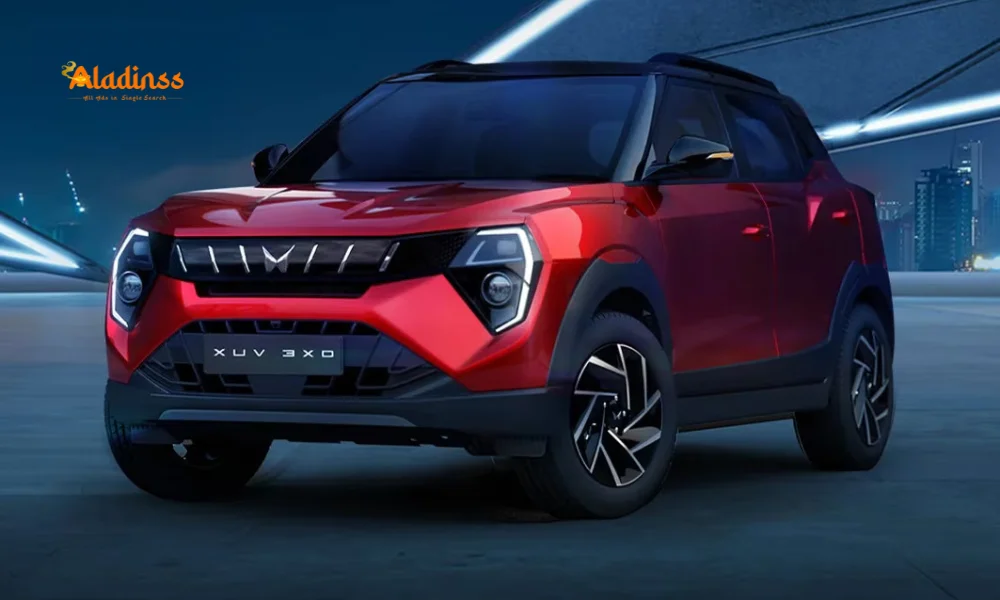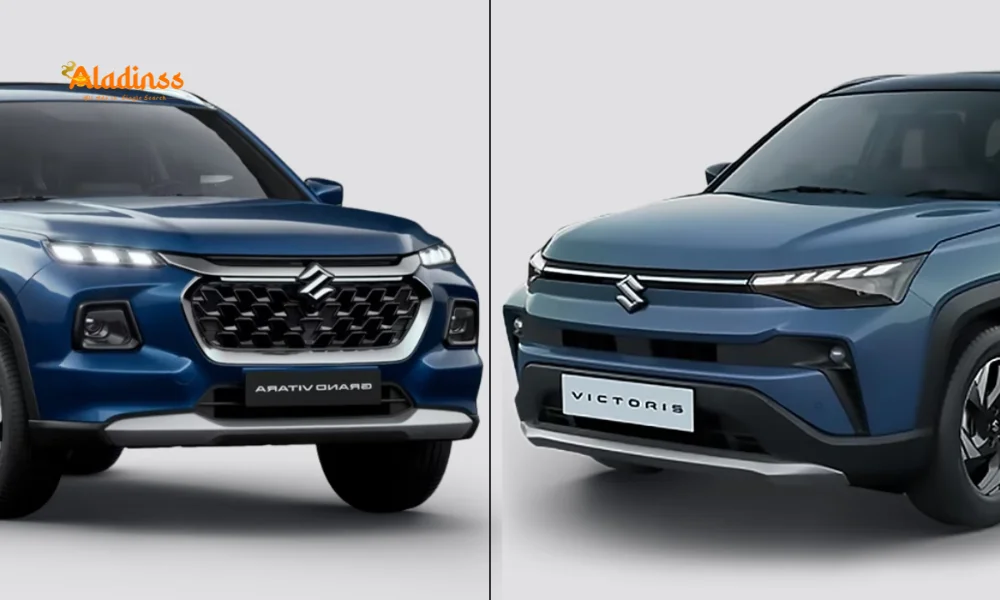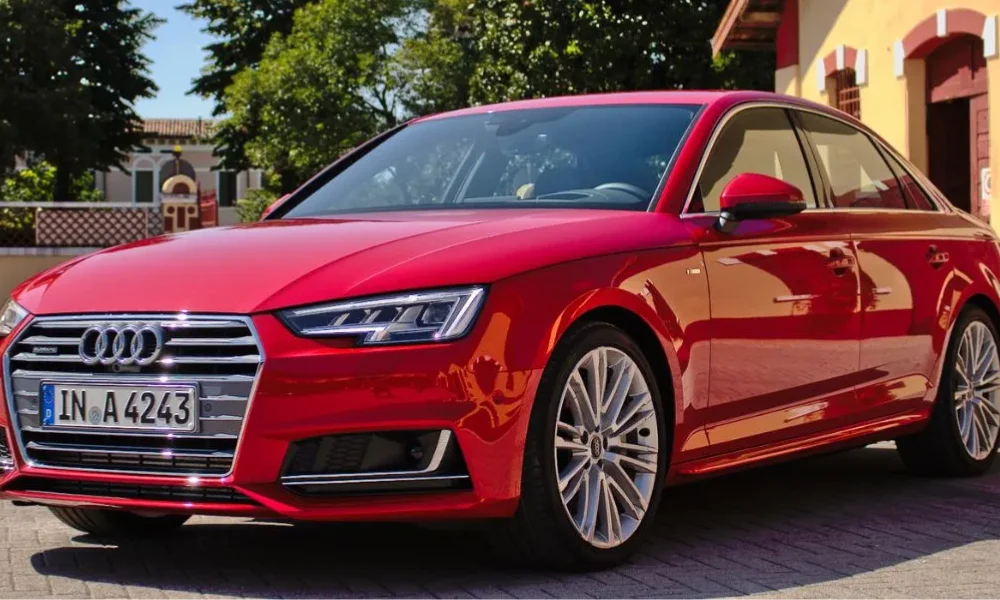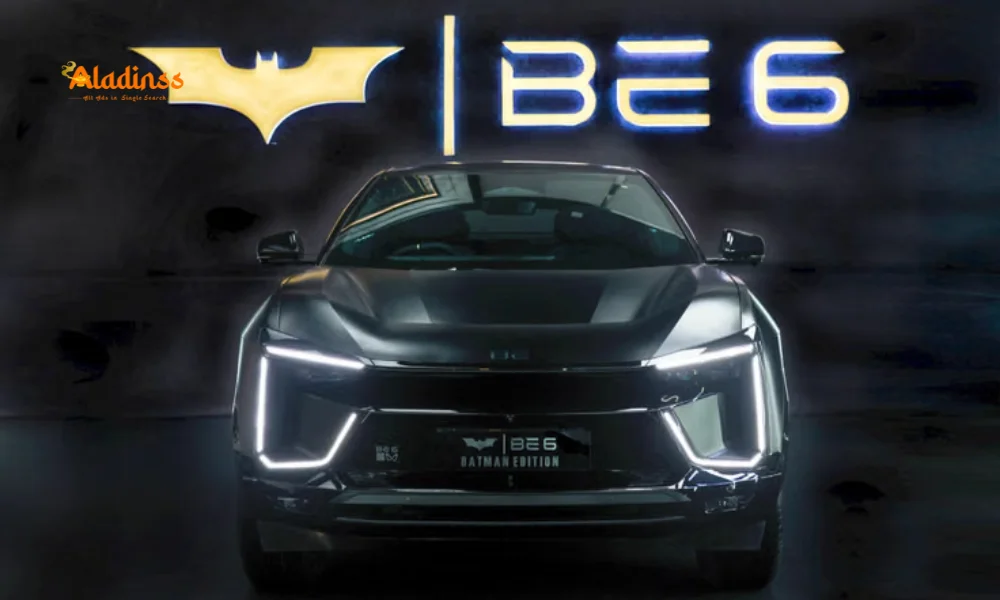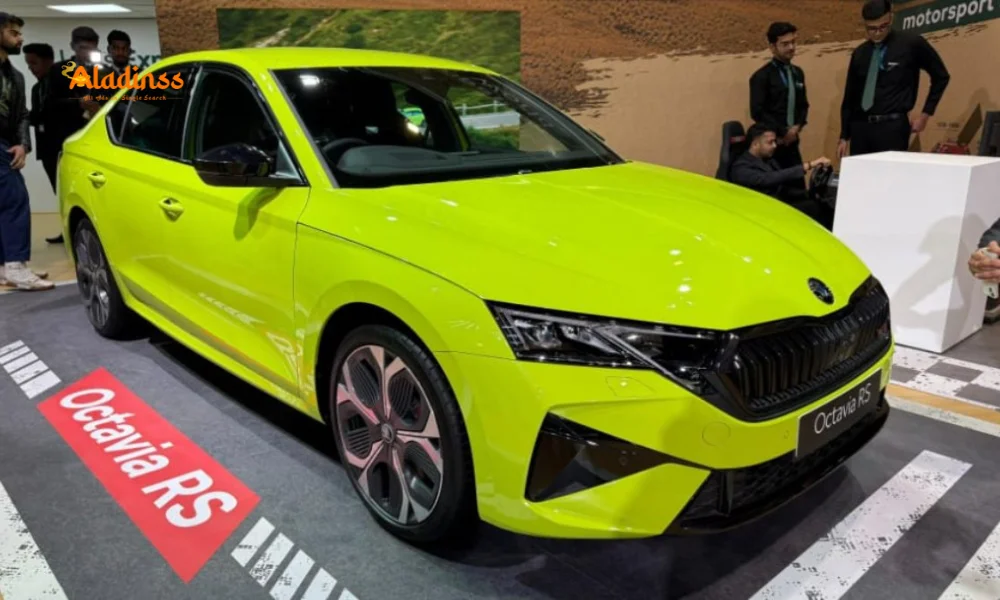BMW X5 Unveils Five Powertrains with Hydrogen in 2028
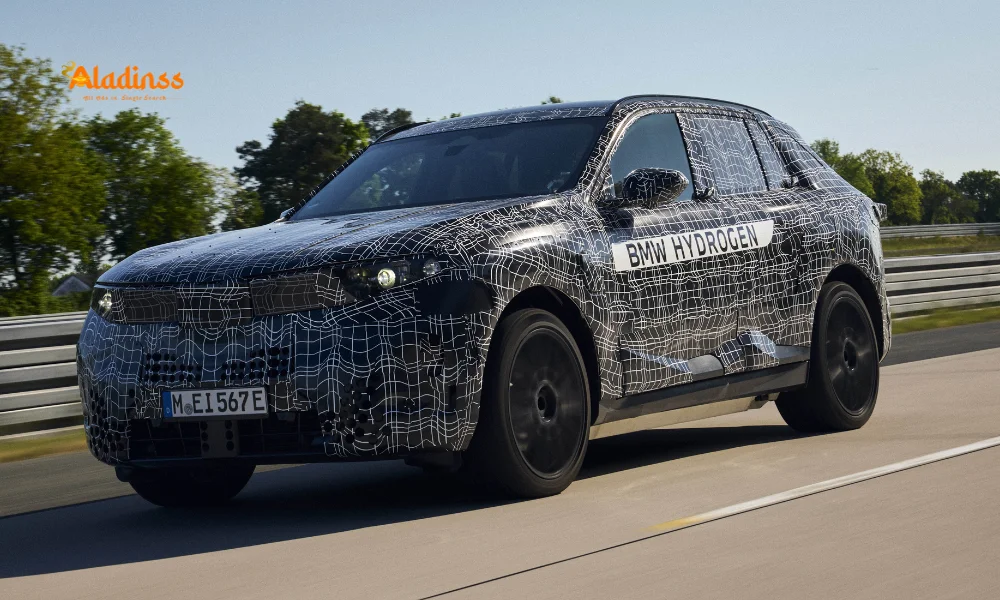
BMW X5 Set for 2028 Launch with Five Powertrain Options, Including Hydrogen
BMW is gearing up to revolutionize the luxury SUV market with the BMW X5, slated for a 2028 debut. This next gen BMW X5 will be the first model to offer an unprecedented five BMW powertrain options: petrol, diesel, plug-in hybrid, battery electric, and a cutting-edge hydrogen car known as the iX5 Hydrogen. Developed in collaboration with Toyota, the BMW iX5 fuel cell system promises superior efficiency and range, positioning it as a key player in BMW decarbonization efforts. The HyMoS initiative further supports this vision by expanding hydrogen refueling network BMW infrastructure, making the fuel cell SUV a practical choice for sustainable mobility. This bold move underscores BMW’s commitment to a versatile, technology-open approach for the BMW SUV segment.
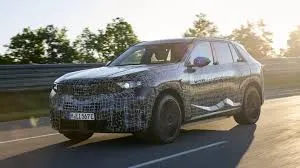
Unmatched Versatility: Five Powertrains in One SUV
The BMW X5 five powertrains 2028 lineup is a testament to BMW’s innovative engineering. Built on the flexible BMW CLAR platform, the fifth-generation X5 caters to diverse global markets. The BMW X5 diesel variant 2028 and petrol options ensure reliability for traditional buyers, while the BMW X5 plug-in hybrid offers extended electric range for eco-conscious commuters. The BMW X5 battery electric variant delivers zero-emission performance, and the BMW X5 hydrogen edition introduces a forward-thinking hydrogen powertrain BMW. This diversity makes the X5 one of the most adaptable BMW SUVs, appealing to a wide range of drivers seeking performance, efficiency, and sustainability.
iX5 Hydrogen: A Leap Forward in Fuel Cell Technology
The iX5 Hydrogen production marks a significant milestone for BMW. Built on the third-generation BMW Toyota fuel cell system, co-developed through a Toyota collaboration BMW hydrogen, this system offers enhanced power, compactness, and efficiency compared to earlier iterations. The iX5 Hydrogen specs promise a competitive BMW iX5 range, making it ideal for long-distance travel where battery EVs may face limitations. Key features of the fuel cell efficiency BMW X5 include:
- Improved energy output for robust performance.
- Reduced hydrogen consumption for greater efficiency.
- Compact design, seamlessly integrated into the X5 fifth generation.
- Enhanced safety features, addressing BMW hydrogen safety concerns.
The BMW hydrogen pilot fleet has already demonstrated the system’s reliability, paving the way for BMW series production hydrogen in 2028 at its Munich facility.
Hydrogen’s Role in Global Decarbonization
Hydrogen is emerging as a cornerstone of global decarbonization hydrogen BMW strategies, particularly in regions where charging infrastructure for fuel cell vs battery EV comparisons favor hydrogen. The BMW hydrogen vehicle excels in scenarios requiring high energy density, such as BMW X5 towing hydrogen capabilities or long-haul drives. Additionally, hydrogen serves as an effective medium for hydrogen energy storage, supporting renewable energy grids by storing excess power. This aligns with BMW’s vision of a sustainable future, where the hydrogen SUV market complements battery EVs to meet diverse mobility needs.
HyMoS Initiative: Building a Hydrogen Ecosystem
To support the iX5 Hydrogen 2028 launch, BMW is championing the hydrogen mobility scale initiative through its BMW HyMoS project. Pilot programs in Germany and France are already establishing hydrogen refueling network BMW infrastructure, with plans to expand to metropolitan areas globally. The HyMoS initiative aims to create a robust ecosystem for hydrogen vehicles, covering passenger cars, commercial fleets, and heavy-duty transport. This infrastructure push is critical for the widespread adoption of fuel cell SUVs, ensuring convenience for drivers in BMW X5 global markets.
BMW’s Technology-Open Approach
BMW’s decision to offer BMW X5 EV options alongside traditional and hydrogen powertrains reflects its BMW technology open approach. By integrating the BMW Neue Klasse design philosophy into the X5, the brand ensures cutting-edge aesthetics and technology across all variants. The Toyota Mirai influence is evident in the fuel cell system’s reliability, drawing from Toyota’s decades of hydrogen expertise. This Toyota BMW partnership 2028 strengthens BMW’s position in the hydrogen powertrain BMW landscape, offering a competitive edge in the luxury SUV market.
Why the BMW X5 Stands Out
The BMW X5 versatility powertrains sets it apart in a crowded luxury SUV segment. Whether it’s the efficiency of the plug-in hybrid X5 BMW review or the eco-friendly appeal of the BMW X5 battery electric range, the X5 caters to every driver. The BMW fuel cell SUV 2028 adds a futuristic dimension, appealing to early adopters of hydrogen technology. With the BMW X5 price expected to reflect its premium positioning, this model combines luxury, performance, and sustainability in a way few competitors can match.
Future of Hydrogen and BMW’s Leadership
The BMW X5 hydrogen edition launch is more than a product debut; it’s a statement of intent. By investing in BMW series production hydrogen, BMW is positioning itself as a leader in the hydrogen SUV market. The collaboration with Toyota ensures cutting-edge BMW Toyota fuel cell system details, while the BMW HyMoS project updates signal a long-term commitment to infrastructure. As hydrogen gains traction in global decarbonization hydrogen BMW efforts, the X5’s five powertrain options make it a trailblazer, offering unmatched flexibility for the future of mobility.
Comment / Reply From
No comments yet. Be the first to comment!
